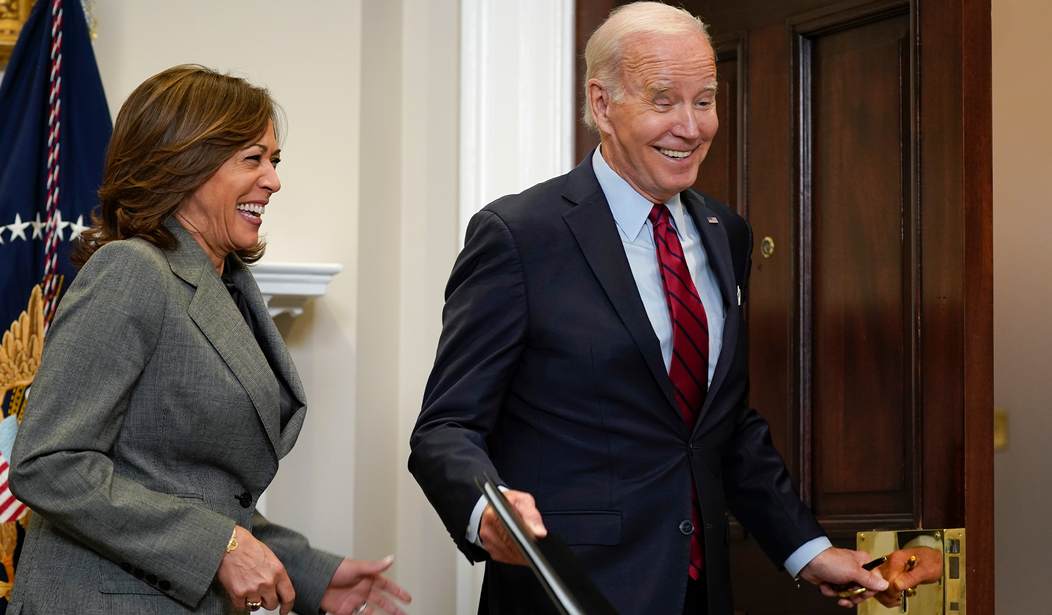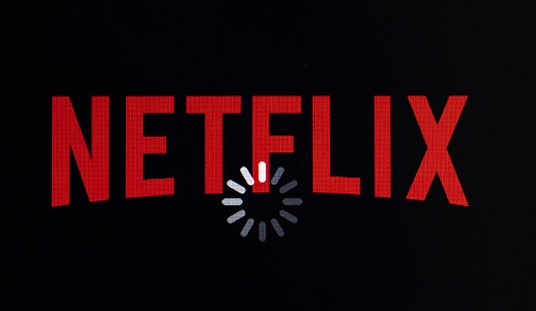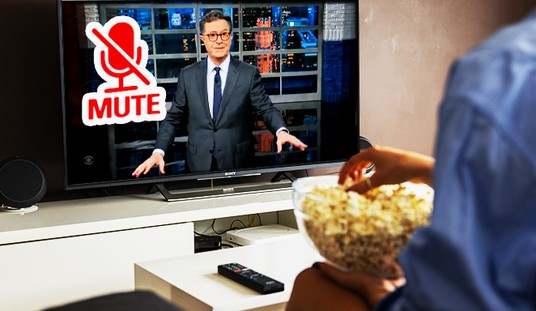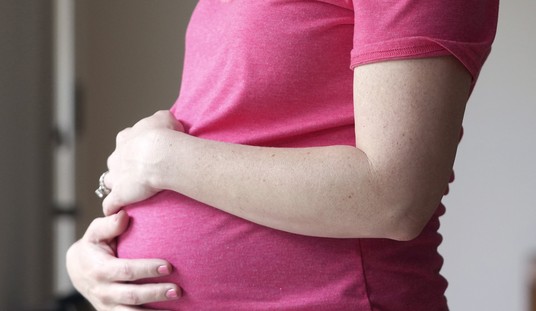Americans feel the pinch of "Bidenomics" as they struggle to afford homes and cars and face skyrocketing grocery bills. The economic policies under President Biden's administration have come under intense scrutiny, with abysmal approval ratings reflecting the public's dissatisfaction.
President Biden's handling of the economy has hit a new low in the wake of persistent worries about inflation. According to the ABC News/Washington Post survey, his approval rating on economic matters has plummeted to an all-time low of 30 percent, marking the lowest point of his presidency.
An alarming 44 percent of Americans claim to be financially worse off under President Biden's administration. This marks the highest level of dissatisfaction since 1986 in ABC/Post polls.
An NBC News poll provides further evidence of the discontent, revealing that just 37 percent of voters approve of President Biden's approach to the economy. In another grim statistic, his job rating among registered voters stands at 41 percent approval, with 56 percent disapproval, marking the highest level of disapproval during his presidency.
The USA Today/Suffolk University poll paints a similarly grim picture, with only 34 percent of Americans approving of President Biden's handling of the economy, while 59 percent express disapproval. For many Americans, the rising cost of living is a pressing concern. Also mentioned in the USA Today/Suffolk University survey, 16 percent of respondents cite housing costs as the leading contributor to their financial strain, followed closely by utility bills and gas prices, each mentioned by 11 percent of those surveyed.
One of the most glaring consequences of "Bidenomics" has been the resurgence of inflation, the worst in 40 years. This dire situation has compelled the Federal Reserve to adopt its most stringent monetary policy since the early 1980s. Central bankers have already raised interest rates to a range of 5.25 to 5.5 percent, a level unseen in 22 years.
This increase in interest rates is taking a toll on Americans' financial stability. Consumers seeking loans for homes and cars find that their money does not go nearly as far as it once did, thanks to the Federal Reserve's rate hikes. To compound matters further, US mortgage rates reached their highest levels since 2000 in August, leading to a historic low in home-buying applications. The National Association of Realtors goes as far as to say that the typical American family can no longer afford to buy a median-priced home.
Meanwhile, Vice President Kamala Harris's response to the housing crisis has raised eyebrows. She attributes young Americans' reluctance to buy homes to what some have coined "climate anxiety." According to her, this term reflects young people's fear about the future, particularly whether they should have children or consider buying a home due to concerns that extreme weather events could wipe out their investments. This explanation has drawn criticism for not addressing the core economic issues.
The economic sentiment among small businesses is also a cause for concern. Optimism among over 600 surveyed small businesses declined in August, snapping a three-month streak of improving sentiment. The reading for August marked the 20th consecutive month below the 49-year average of 98. Expectations of improved business conditions over the next six months deteriorated by seven points in August compared to July. Although it's better than last June's reading, it still hovers at recession levels, according to the NFIB.
In conclusion, "Bidenomics" has fallen short of the expectations of many Americans. Soaring inflation, unaffordable housing, and declining economic confidence indicate a struggling economy - caused mainly by “Bidenomics.” As voters grapple with these financial challenges, there is an increasing clamor for conservative economic policies to grow and expand the economy.













Join the conversation as a VIP Member